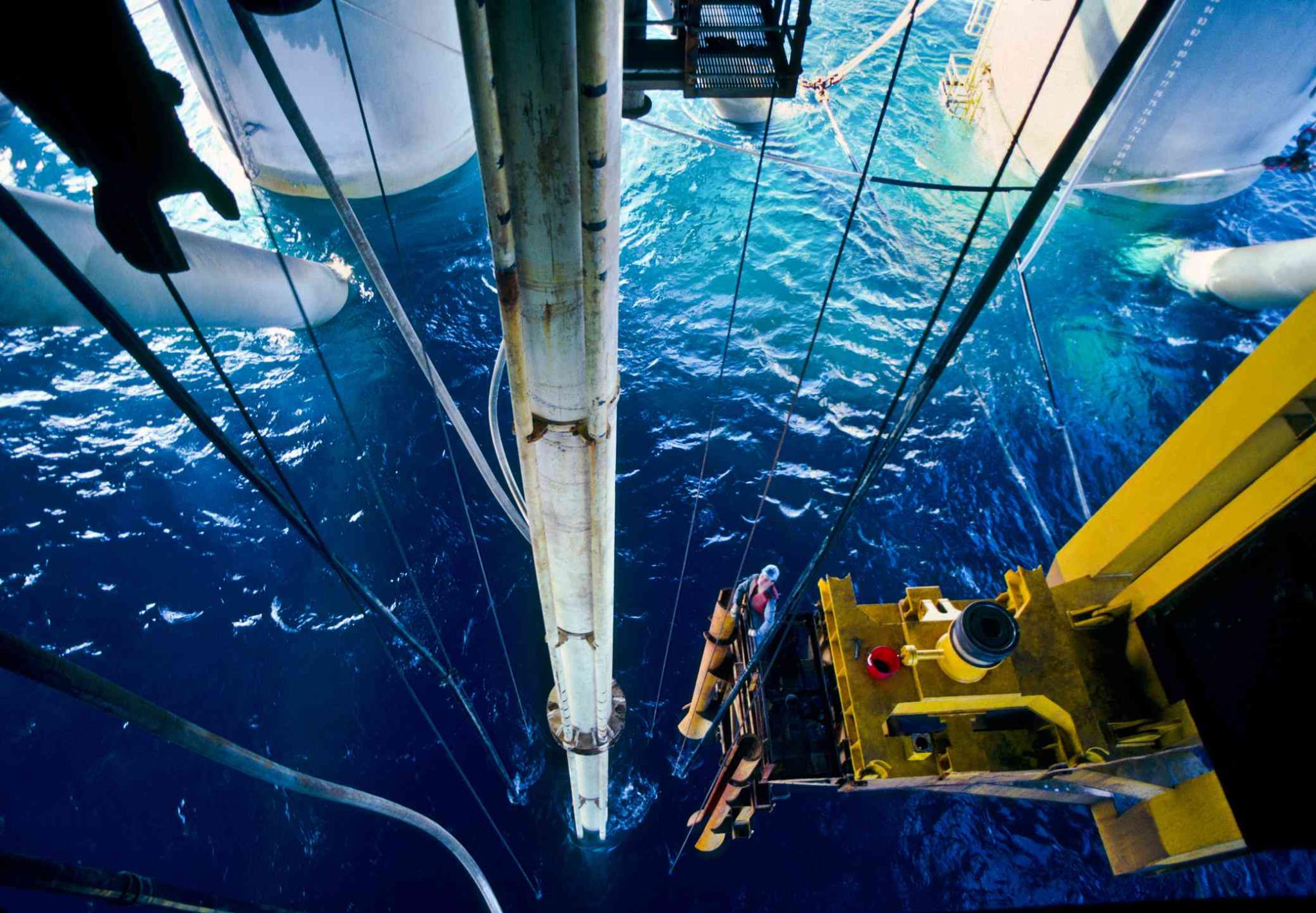Do you know anything about John D. Rockefeller, Harold Hamm, Mukesh Ambani, and Funsho Alakija? If you know enough of them, then you would know that they all made a fortune from oil and gas investment.

Funsho Alakija for instance is conveniently one of the world’s richest businesswomen. This is all to prove that investment in this sector can be very profitable. By the way, you can click here to read more on Funsho Alakija.
Having established that this kind of investment can be financially life-transforming, there is the devil in the details, as with every other business venture. As a result, awareness about key considerations for success would help steer investors in the right direction.
Fortunately, this is what this article is about as some key considerations for success in oil and gas well investment will be shared here. So, keep reading to stay informed.
What to Know to Ensure Success in Oil & Gas Well Investment
There is a long list of people who have remarkable things to say about oil and gas well investment. This is usually a result of their positive experiences, especially as it concerns ROI (Returns on Investment).
However, there are equally people who end up licking their wounds after investing in the same venture. In the spirit of belonging in the former rather than the latter category, certain things must be known. Everything boils down to being industry-aware.
This is because the sector, especially the aspect that has to do with investment in oil and gas wells is unique. To this end, here are a couple of important things to know:
1. There are Risks Involved
Essentially, your investment would go into the financing of drilling projects. Your ROI will be largely determined by what is extracted afterward.
Having made this clear, you are hugely mistaken if under the impression that there are absolutely no risks involved. There are risks involved, especially as influenced by several factors. Some of the risk factors include the following:
Dry Wells
This might come as a surprise considering how extensive studies are usually conducted before deciding to carry on with exploration. Well, extensive studies and technological advancements indeed go a long way in preventing this narrative. However, it is still a possibility for several reasons. Some of the possible reasons include:
- Geographical Complexity
- Pressure Depletion – Usually as a result of exploration activities in nearby wells
- Misjudgment about the Reservoir’s Extent
- Errors with the Interpretation of Complex Seismic Data
By the way, a dry well also explains one that does not have as much oil and natural gas as anticipated.
The Kiwi well experience in 2011 is a prime example. For more on the risks, possibilities and strategies that can help you make the best of this investment, you can visit: https://oilmanmagazine.com/.
Market Fluctuations
This is perhaps the most common risk factor. However, it is a profit factor, just as much as it is a risk factor.
Investors can have a field day when oil prices go up, especially after extraction. This is because there would be a significant increase in profit margin. The reverse can also be the case, which would significantly reduce the profit margin.
This therefore begs the question of whether the market can be studied enough to make timely actions by investors. Well, the simple answer is “not entirely”. Certain aspects can be studied and can play a key role in making informed decisions. However, there are still highly speculative aspects.
Regulations
The oil and gas sector is a highly regulated one. So, there are regulations (including stringent ones) to be adhered to by investors. Some of these regulations in many parts of the world are environmentally related, for instance.
The point is that ignorance of these regulations or blatant failure to adhere to them comes with penalties. Many of these punitive measures can eat into an investor’s profit margin.
2. Portfolio Diversification
Spreading one’s investment across several extensively studied projects (wells) is advised. This is in the spirit of playing safe. This way, there is a greater possibility that some of them will yield a reasonable ROI and help mitigate risks, if any.
3. Invest the Right Way
There is no one-size-fits-all approach to investing in oil and gas wells. To this end, you should be about doing it the right way. This calls for a true understanding of the various ways this sort of investment is possible, including:
Direct Ownership
This involves the purchase of a share(s) of an oil and gas well. This implies having a portion of the well in the hope that you get your profit if the well ends up productive. However, the failure of that well would translate to a complete loss of your shares (investment).
Publicly Traded Companies
It is possible to invest in oil and gas exploration companies, instead of just one or specific wells. This is the idea behind this option.
Of course, it is not risk-free. However, it is nowhere near as risky as the direct ownership option discussed above. The reason is that these companies are involved in multiple projects, increasing the chances of having success with one or even more.
Partnerships
This is certainly the most intense of all options. It involves more active participation as an investor as there is collaboration among investor(s) to fund an exploration project. Of course, the risks or profits would be spread among partners in this collaboration.
4. Be Mindful of Location
Explorations in certain locations have a higher chance of being successful. So, be mindful of the wells that you fund. This is especially true if you are using the direct ownership and partnership investment options.
5. Use the Services of the Right Companies
Some companies facilitate investment in the oil and gas sector. Such companies also have experts who help people understand how to invest in oil and gas wells and other related ventures. Using their services for inquiry and investment purposes is a smart move.
For example, their expertise can make up for ignorance about certain aspects of the industry. However, you have to be deliberate about working for the right company in this line of work. This is to have a positive experience as an investor.
Conclusion

Oil and gas well investment can be very profitable. However, the chances of being successful at it are largely dependent on your understanding of several key things. Some of them have been discussed here and should inform the decisions of those thinking about investment along this line.
HedgeThink.com is the fund industry’s leading news, research and analysis source for individual and institutional accredited investors and professionals




































